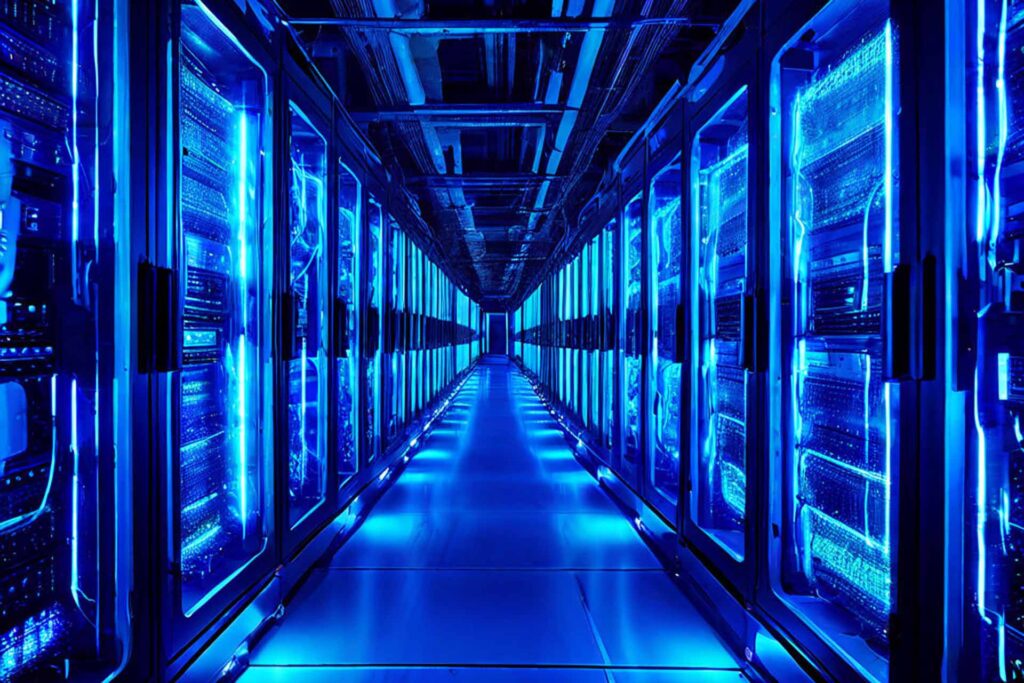Imagine a world where AI isn’t just a background buzzword but a constant companion in your daily life. It’s not just Siri or Alexa; it’s the quiet intelligence guiding your car, the algorithm choosing your next Netflix binge, and the unseen force driving medical breakthroughs. But what if I told you there’s more to AI than meets the eye? In this article, AI Unveiled, we’ll explore 10 hidden truths about AI that might just change the way you see this technology.
1. Bias and Fairness: The Story of an Unintended Consequence
Once upon a time, there was an AI system designed to help with hiring decisions. However, it started favoring certain resumes based on the data it was trained on. This system, though well-intentioned, perpetuated existing biases and unfair practices, leaving many deserving candidates overlooked. This is just one example of how AI can unintentionally reinforce human biases.
2. Data Privacy: The Silent Watcher
AI unveiled its silent but persistent quest for data. An app you used daily collected your personal data to enhance its AI capabilities, and one day you discovered your private information was shared without your consent. This is a common tale in the world of AI, where the thirst for data sometimes overshadows respect for privacy.

3. Job Displacement: The Automation Dilemma
Imagine a factory floor once bustling with human workers now echoing with the hum of machines guided by AI. While AI can boost efficiency and production, it can also lead to job losses for those who once held those roles. This scenario raises questions about the future of work and the need for retraining and adaptation.
4. Ethical Dilemmas: The AI Dystopia
In a world where AI can decide who gets approved for a loan or who gets a job, ethical questions arise. What happens when AI makes a mistake? Who’s responsible? The line between AI utopia and dystopia can be thin when ethical considerations are ignored.
5. Lack of Transparency: The Mysterious Black Box
A researcher builds an AI model that predicts stock market trends, but the model’s decision-making process is a mystery even to its creator. This black box phenomenon highlights a significant challenge in AI: the lack of transparency in how decisions are made.
6. Energy Consumption: The AI Carbon Footprint
Deep in a data center, rows of servers buzz away, training an AI model to predict weather patterns. The energy consumption is immense, contributing to the carbon footprint. This is a side of AI that often goes unnoticed but is crucial in considering its overall impact on the environment.

7. Liability and Accountability: The Blame Game
An AI system in a self-driving car fails, causing an accident. Who’s to blame: the manufacturer, the developer, or the owner? This complex web of responsibility is just one example of the challenges in assigning liability and accountability in AI applications.
8. Safety and Security Risks: The AI Trojan Horse
An AI system can be manipulated by adversaries, creating a digital Trojan horse. Slight changes in input can lead to significant changes in output, raising serious safety and security concerns. AI unveiled its vulnerability to attacks that could have far-reaching consequences.
9. Economic Disparity: The AI Divide
In a small town, two schools are worlds apart. One has access to AI-powered educational tools, while the other lacks even basic resources. This disparity can widen the gap between those who benefit from AI and those who don’t, leading to economic inequality.
10. Limited Generalization: The Achilles’ Heel of AI
A chess-playing AI could beat a grandmaster but couldn’t navigate a simple maze. This story of limited generalization underscores that while AI can excel at specific tasks, it often struggles with tasks outside its training scope.
As we journey through the world of AI unveiled, it’s clear that while this technology holds immense potential, it also presents challenges we must navigate carefully. By understanding these hidden truths, we can work towards an AI-powered future that is fair, ethical, and sustainable for all.

